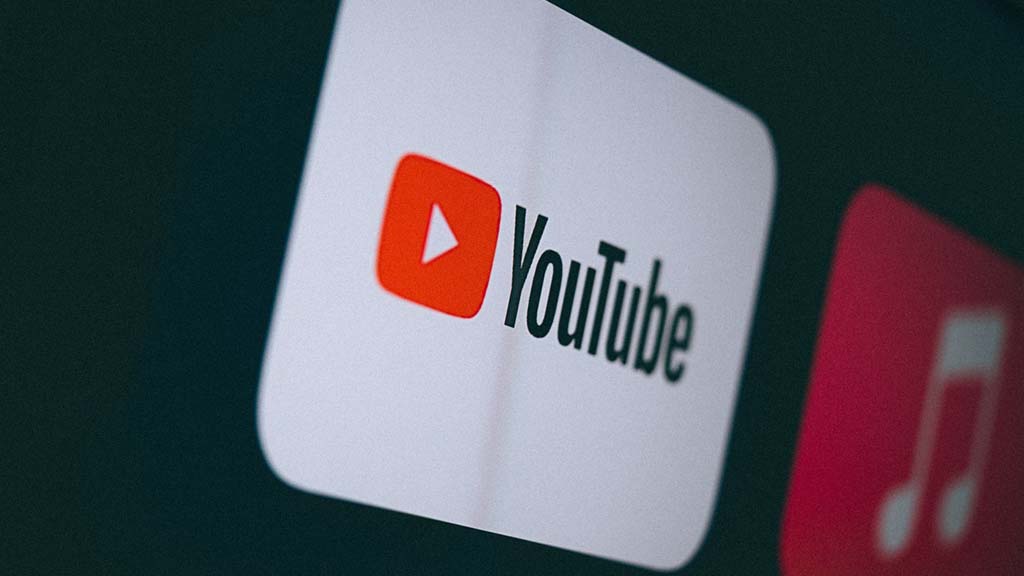NAB Says New California Big Tech Deal “Hurts Local Journalism”
The NAB slammed a last minute deal between Google and California that doesn’t offer “fair compensation for our content”

The NAB is attacking a major deal between big tech companies and the state of California that it says “hurts local journalism” and “has succeeded in shelving popular bipartisan state legislation that would have fairly compensated local newsrooms for their valuable journalism.”
The deal will direct around $250 million over five years to local media, according to the Associated Press. But the first-in-the-nation deal has been called disappointing by journalists and media industry experts in that “it mostly benefits the tech giant,” Google, the AP reported.
“Not a single organization representing journalists and news workers agreed to this undemocratic and secretive deal with one of the businesses destroying our industry," The News Guilds unions said.
Broadcasters and local media organizations have been pushing for legislation that would require tech giants like Google and Facebook to compensate them for their content, arguing that these tech giants have decimated the economics of local news media by siphoning off billions in search and social media ads.
The NAB noted that a study by BIA estimates that broadcasters lose nearly $2 billion annually due to the use of their content by tech platforms like Google and Meta. Such problems could be further exacerbated in the future with the rise of AI tools that summarize news content, which would further reduce advertising and audiences for companies that produce news.
In a blog post, Alex Siciliano, senior vice president, communications, NAB said the "last-minute closed door deal between Google and the state of California has succeeded in shelving popular bipartisan state legislation that would have fairly compensated local newsrooms for their valuable journalism. This sets a dangerous precedent that could cripple trusted news outlets, and lets Big Tech off the hook as they continue to siphon advertising dollars away from local broadcast stations and other news publishers while not offering fair compensation for our content.”
“Rather than right this wrong, California’s new deal continues to undercompensate journalists while sidestepping some of the biggest offenders like Meta,” the post noted. “It’s ironic that while this deal offers AI accelerator funds, it ignores the fact that Big Tech-backed AI platforms continue to ingest and profit from local news content without proper compensation or permission.”
Get the TV Tech Newsletter
The professional video industry's #1 source for news, trends and product and tech information. Sign up below.
The agreement also highlighted the importance of federal legislation on the issue. “The need for federal action is now more urgent than ever,” the blog post stressed. “It is past time for Congress to pass the Journalism Competition and Preservation Act (JCPA), a bipartisan bill that would give broadcasters and other news publishers the power to come together and negotiate fair terms with Big Tech for how their content is used online.”
“The size of tech platforms like Amazon, Facebook and Google dwarfs local TV and radio stations,” the post said. “These tech giants act as gatekeepers of online content, controlling how consumers access news, and how news publishers are compensated for the use of our content. At the same time, they also siphon away advertising revenue that would otherwise be reinvested into local journalism. The platforms exploit their dominant market position, making it harder for broadcasters to sustain their operations while benefiting from the valuable content created by local stations.”
“The bipartisan JCPA will level the playing field, allowing TV and radio stations to continue their vital work in producing trusted, fact-based journalism,” the NAB concluded. “Local newsrooms need a level playing field to work with Big Tech. Congress needs to pass the JCPA – our democracy depends on it.”
George Winslow is the senior content producer for TV Tech. He has written about the television, media and technology industries for nearly 30 years for such publications as Broadcasting & Cable, Multichannel News and TV Tech. Over the years, he has edited a number of magazines, including Multichannel News International and World Screen, and moderated panels at such major industry events as NAB and MIP TV. He has published two books and dozens of encyclopedia articles on such subjects as the media, New York City history and economics.

